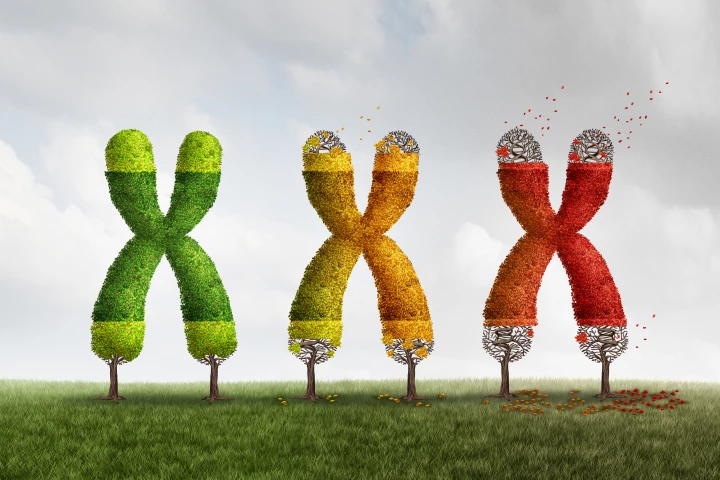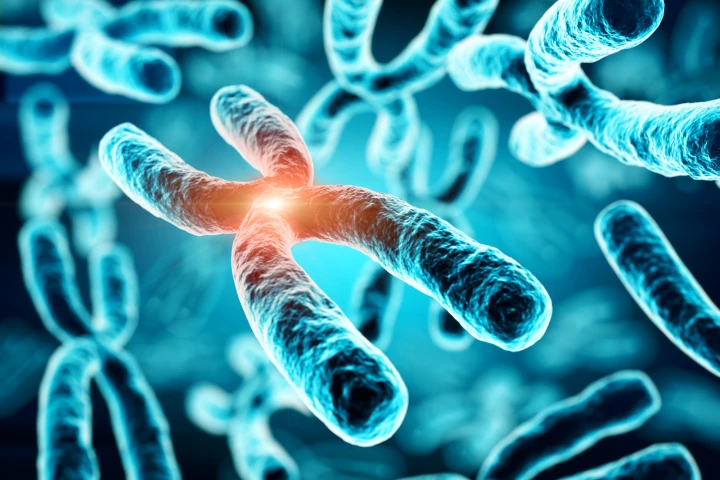Telomere
-
Researchers have discovered the mechanism linking the overconsumption of red meat with colorectal cancer, as well as identifying a means of interfering with the mechanism as a new treatment strategy for this kind of cancer.
-
In pre-clinical trials, a small molecule effectively regrew neurons, reduced inflammation, and improved memory, speed, coordination, grip strength, and more. The finding could have a profound impact on aging and the diseases that accompany it.
-
A comprehensive new Oxford study has added to the growing body of research highlighting the health effects of alcohol. The large-scale genetic analysis suggests that alcohol consumption directly accelerates aging, by shortening telomeres.
-
Adding to what we know about the benefits of an active lifestyle, scientists at the University of Leicester have used a vast pool of genetic data to demonstrate a clear link between walking pace and biological age.
-
Aging affects everybody, so it’s easy to understand why so much scientific attention is focused on studying it. Scientists in Canada now claim to have found that telomeres play a different role in cellular aging than previously thought.
-
It’s long been thought that our cells stop dividing as we age as a natural preventative measure against cancer. Now a new study has found intriguing evidence supporting this hypothesis in genomes from several particularly cancer-prone families.
-
Central to the aging process are tiny caps on the ends of our chromosomes called telomeres that deteriorate over time. A Harvard team has now made an exciting breakthrough, discovering a set of small molecules that preserve their length in mice.
-
New research has found that endurance exercise, such as running, swimming or cycling, and high intensity interval training (HIIT) has the ability to not only slow, but actually reverse cellular aging, whereas resistance exercise, like pumping iron, does not.
-
The mechanism that limits a cell’s lifespan can be slowed down, but that can turn them cancerous, as they divide unchecked. Now, scientists at EPFL have found a way to manipulate that mechanism to effectively turn off cancer’s immortality, letting it die slowly and naturally.
-
Researchers at UC Berkeley have now mapped out the structure of telomerase – an enzyme known to play a key role in aging and cancer – in more detail than ever before, and the breakthrough could inform a new generation of highly-targeted drugs.
-
Anti-aging research has long focused on DNA structures known as telomeres, which have been directly linked to cell longevity. Now scientists have discovered a new way to potentially supercharge the mechanism, which may help keep this “molecular clock” – and ourselves – running better for longer.
-
From new classes of drugs to natural remedies like beetroot juice, science has long teased us with potential solutions to that little problem we've got called aging. New research in the area has uncovered another way we might be able to stay young and fresh, though it won't be easy.
Load More











